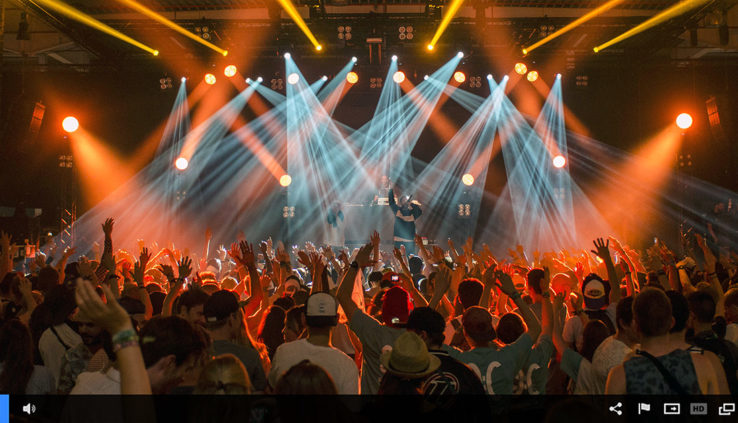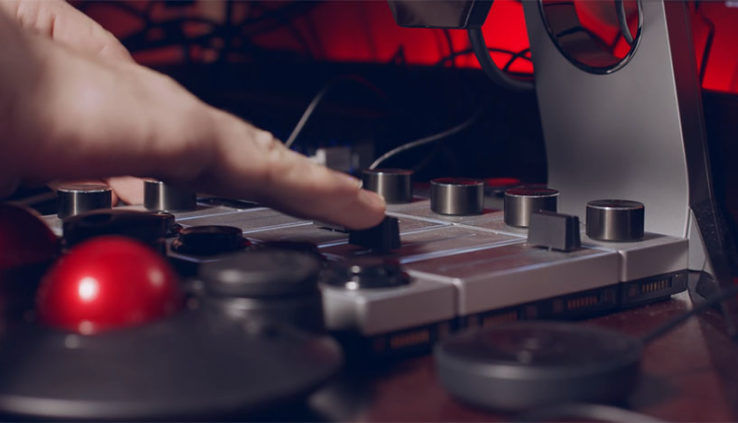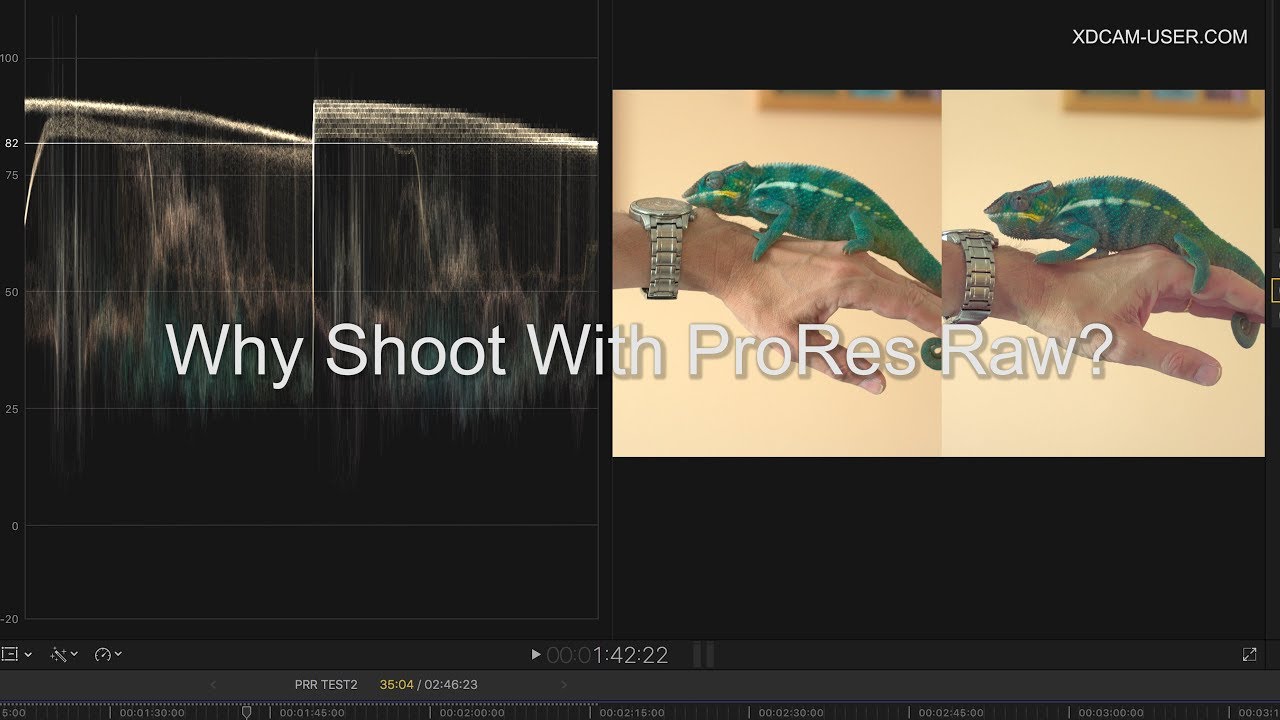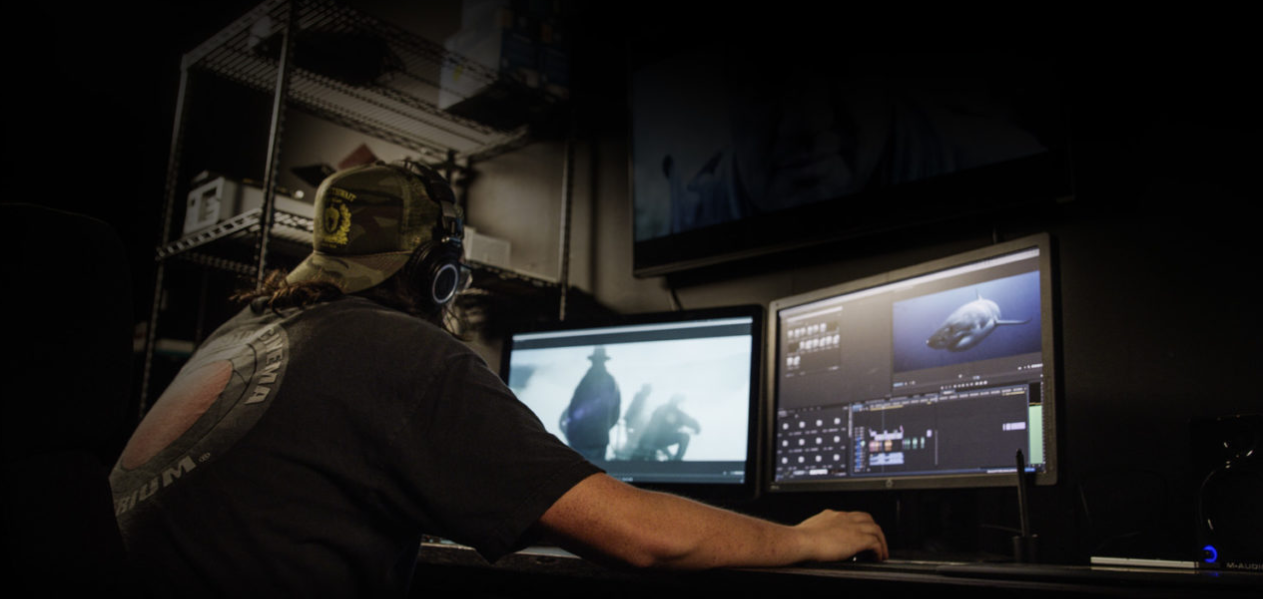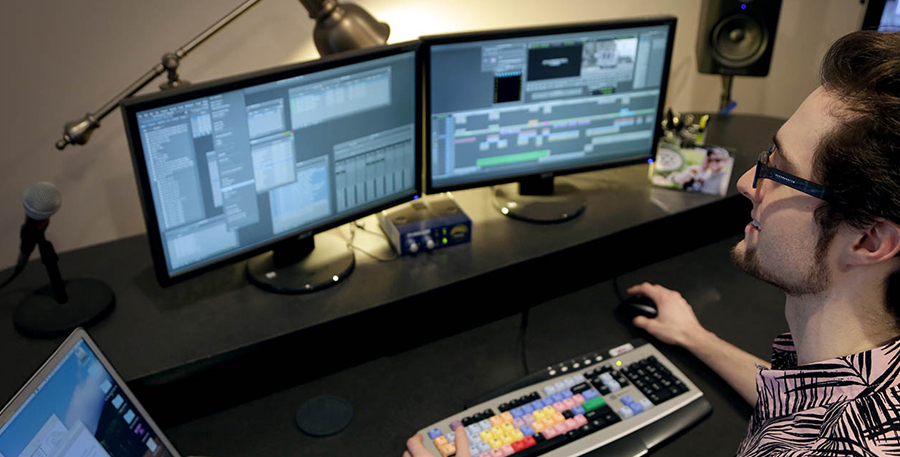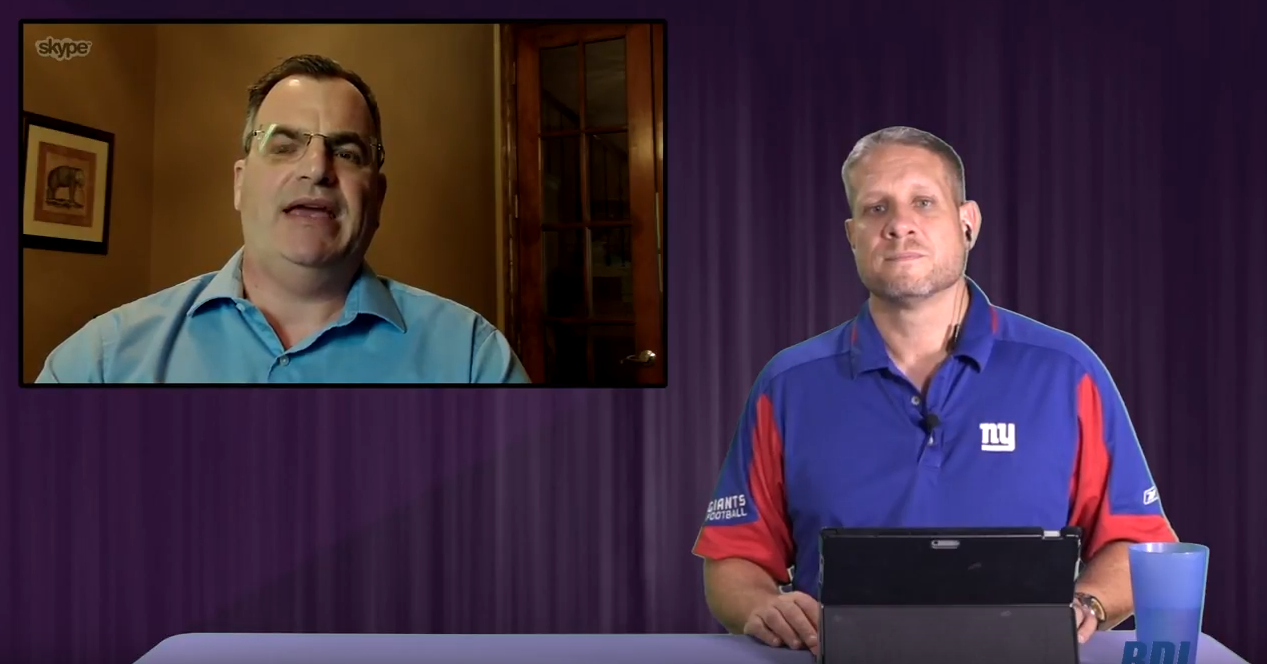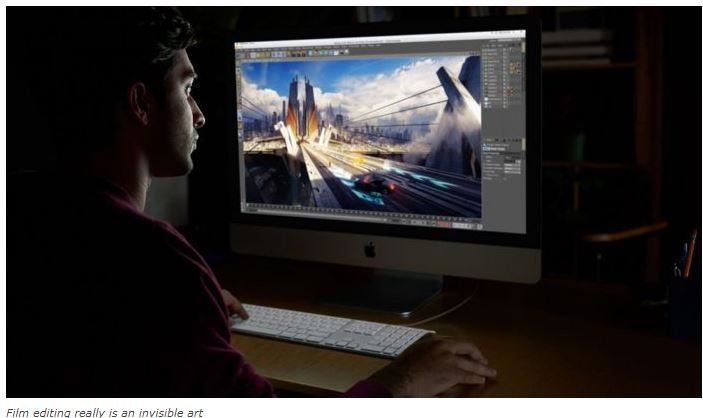Video Promotion Strategy to Get More Views
By Adam Noyes
Producing video content? Looking to increase your view counts when a new video is published? This article discusses a video promotion strategy that includes 7 different methods to increase viewership. These range from how your content is shared to syndication efforts to bolster the number of viewable locations.

